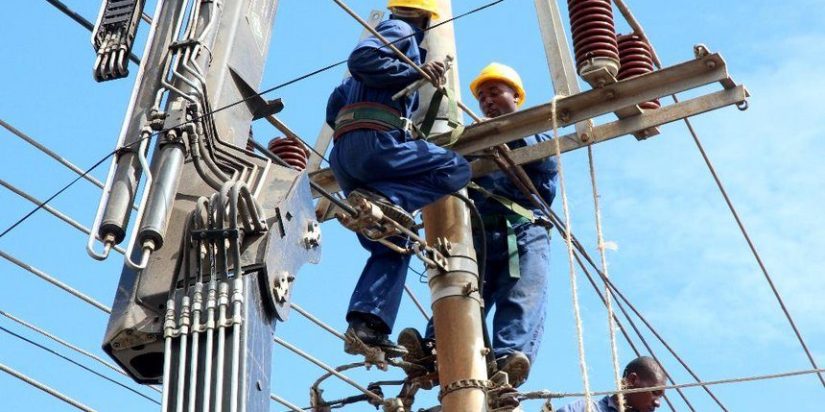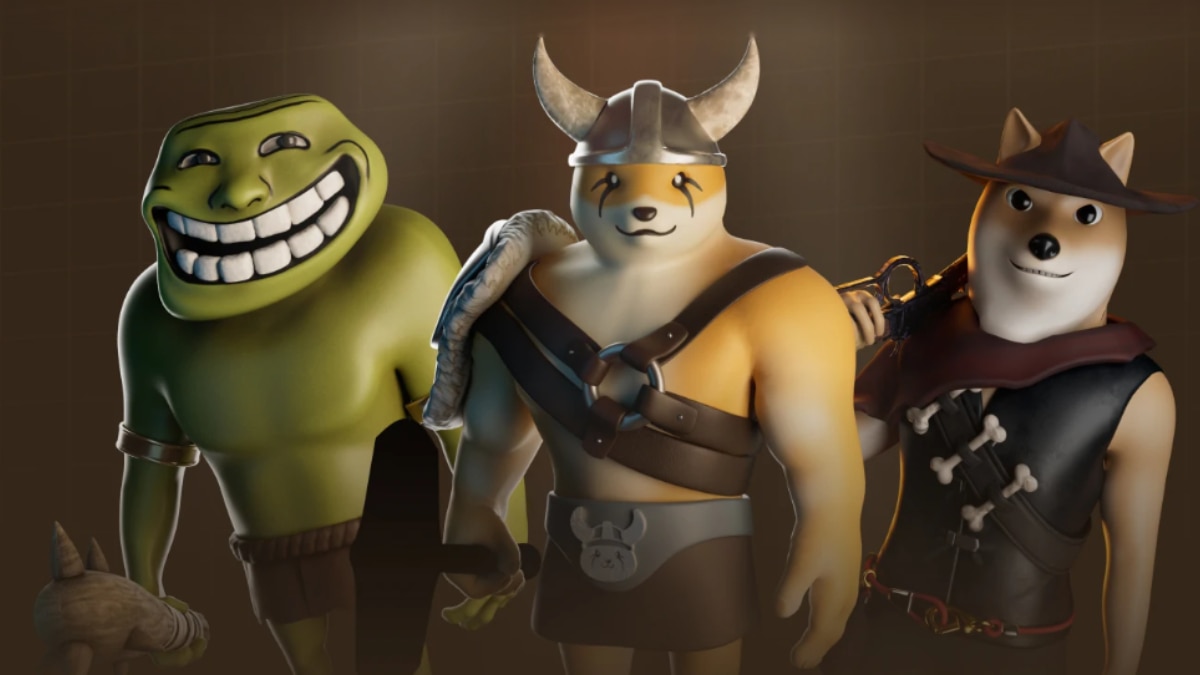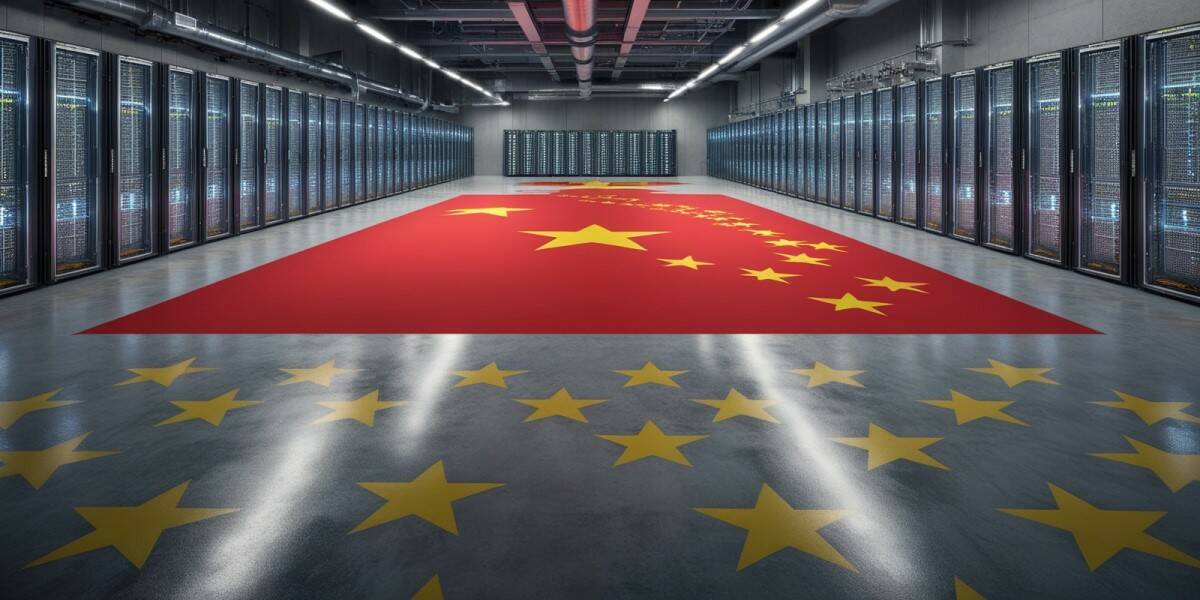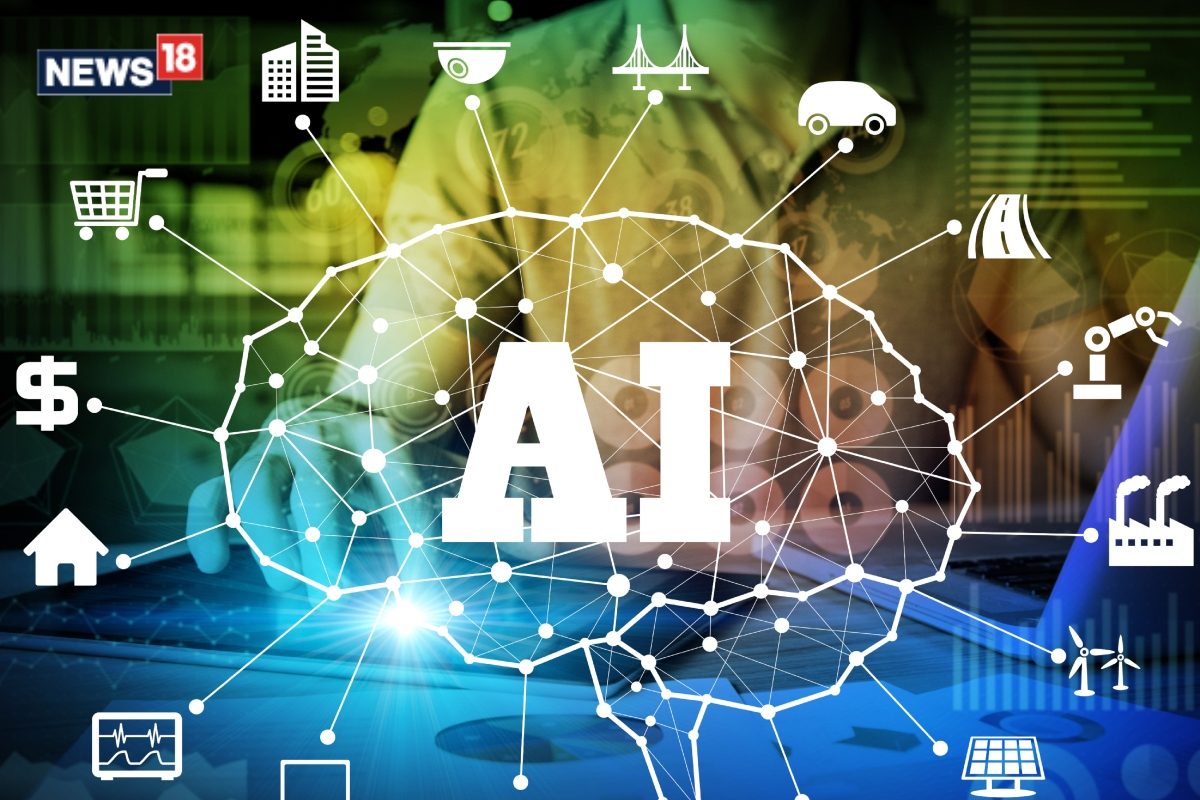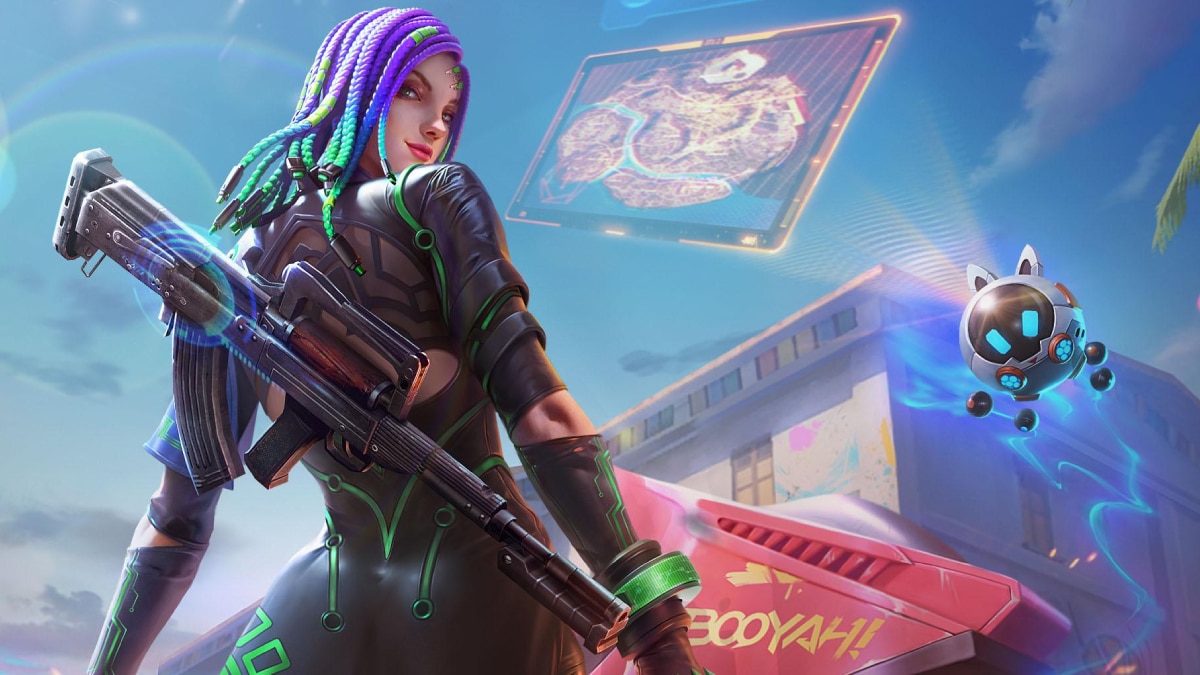
Recap: The rising popularity of generative AI has given place to the development of numerous startups making bold claims about the technology's capabilities. Many onlookers liken the trend to a classic market bubble, a sentiment shared by the CEO of Chinese tech giant Baidu. However, when the lofty expectations for AI collide with reality, most AI startups may not survive.
Baidu CEO Robin Li believes that only about one percent of AI companies will endure after the inevitable burst of the AI bubble. Li suggests this will result in a healthier market with more realistic applications for the emerging technology. Generative AI has remained a hot topic in the years following its initial surge, driven by companies like OpenAI and Nvidia .
The latter, which produces the hardware that most AI companies depend on, could soon become the world's most valuable company . Tech giants such as Microsoft, Apple, and Google are also integrating AI into nearly all of their future products. However, many companies often make ambitious claims about the jobs AI might replace or what users can create using text prompts.
Speaking at Harvard's Future of Business Conference, Li argued that many of these products will turn out to be false innovations, unable to find a sustainable market. He compared the current situation to the dot-com bubble that burst around the turn of the century, wiping out many early internet companies. Li also believes the AI market has become quieter but healthier in 2024 compared to recent years.
Although some businesses and investors maintain high hopes for AI, others are showing more caution, recognizing that Nvidia's meteoric rise can't last forever. Consumer enthusiasm for the technology remains lukewarm. Recent sales reports indicate that consumers aren't purchasing PCs with AI -focused hardware due to a specific interest in AI, but rather because the latest models from major vendors come equipped with the technology by default.
If a dramatic market correction occurs, Li anticipates that the remaining one percent of AI companies will offer highly valuable products and services. Addressing a persistent issue in generative AI, Li expressed optimism about the reduction of hallucinations in chatbots, claiming that they have become significantly more accurate over the past 18 months. The CEO also touched on concerns about AI-related job losses, acknowledging the possibility that AI could replace human workers.
Li believes a paradigm shift in employment may take place over the next 10 to 30 years..


